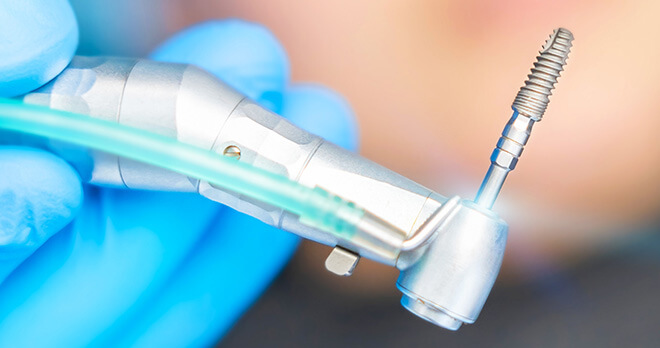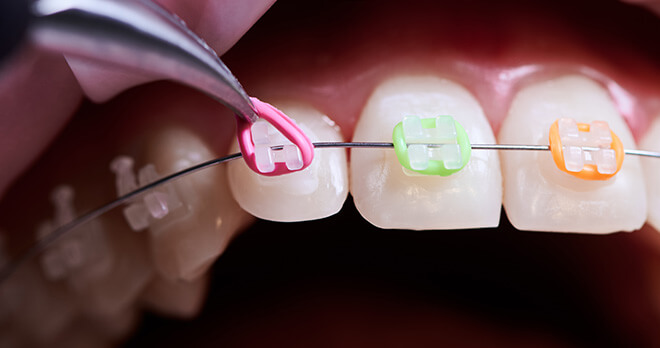Compensation for negligent wisdom tooth extraction.
The extraction of wisdom teeth is one of the most common procedures carried out in the UK. Extraction may be required if a wisdom tooth is decayed.
Are you living with the consequences of negligent wisdom tooth extraction?
Wisdom tooth extraction can be a serious procedure with long lasting complications. It can be done safely, but negligent wisdom tooth extractions do happen.
The extraction of wisdom teeth is one of the most common procedures carried out in the UK. Extraction may be required if a wisdom tooth is decayed, if there is not enough space in a person’s mouth to accommodate the tooth, if a wisdom tooth erupts in the wrong direction, or if a wisdom tooth becomes impacted.
Although wisdom teeth extractions are common procedures, they are not without significant risk. Unfortunately, nerve damage following the extraction of a wisdom tooth is not uncommon. It is therefore essential, before undertaking the surgery, for a dentist to take x-rays. These will show the position of the roots of the wisdom teeth in relation to the inferior dental nerve.
Sometimes damage can also occur to the lingual nerve, which affects the tongue, so it is important that these x-rays are always taken. If you have had a wisdom tooth extracted negligently, you may have experienced some of the following issues:
-
Nerve damage
Nerve damage is a recognised complication following the extraction of a wisdom tooth, so generally nerve damage does not indicate substandard treatment.
However sometimes nerve damage can be attributed to negligent dental treatment. For example, when there is a failure to take x-rays before extracting a wisdom tooth, a patient isn’t referred to an oral surgeon, or when informed consent for the procedure is not given.
-
Infection
An infection following a wisdom tooth extraction is a ‘recognised risk’, and therefore does not generally indicate substandard care.
It is not necessarily negligent for a dentist to not prescribe antibiotics after an extraction. However, a patient may have a dental negligence claim if symptoms of infection are missed, you are at a heightened risk of infection, or the dentist does not advise of the risks on infection.
-
Impacted teeth missed
If you have been returning to your dentist complaining of pain from your back teeth, and were later advised that your wisdom teeth are impacted (stuck in the gum and unable to come through), yes you may have a successful dental negligence claim.
-
Fractured jaw
A fractured mandible (jaw) is an unfortunate, yet recognised, risk associated with wisdom tooth extractions.
However a patient who has suffered a fractured mandible may have a dental negligence claim if they should have been referred to a hospital for the extraction. Or if the dentist failed to warn them of this risk prior to the procedure.
-
Undiagnosed tooth decay
If your dentist fails to diagnose decay in one of your wisdom teeth and the decay worsens as a result, this is likely negligent. If you have been affected by this, please contact us to discuss this further.
- No-win no-fee legal funding.
- Compensation for pain and suffering.
- Payment for future treatment costs.
- SRA regulated & quality assured.




Speak to the team to understand more about you potential compensation claim for dental negligence. You can call us or simply drop us a message and we will get back to you.
Call the team

Success stories
Read about some of our biggest successful claims for dental negligence.
Dental negligence can have a long last effect on your health, confidence, and well-being. When we work for you we make sure you not only get the compensation you need to recover costs and pay for any future care, but also get the answers you deserve.
Read about about our different many success stories and see for yourself how we have helped many people just like you to get compensation for negligent dental care.
How much compensation might you receive? How is it calculated?
Any compensation you receive will vary depending on what injury you sustain. For example, if you require an extraction of one of your teeth resulting from substandard crown or bridgework, you will receive more compensation than if you suffer a period of pain as a result of negligence.
Compensation received following a successful claim for dental negligence will be comprised of:
-
an award for pain and suffering
this will compensate you for any pain you have endured, and also things like inconvenience, social effects (such as embarrassment) and any changes in your eating or sleeping habits.
-
an award for future treatment costs
for example, if you require an implant and an implant retained crown, or Cognitive Behavioural Therapy as a result of a psychiatric injury sustained due to negligence. We will also take into account the future maintenance costs for any treatment you may require, including future specialist appointments.
-
past loss
this may include past prescription costs, travel or dental treatment. For instance, if you had to repeatedly to travel to a specialist appointment as a result of dental negligence, the cost of this will likely be recoverable.
How long will it take to make a claim?
As a general rule, dental negligence cases would usually conclude between 18-24 months from the first time you contact us. However, each case is different, and this may vary depending on the complexity and specific facts. The important thing is that you speak to us as soon as possible so we can begin investigating your claim.
Can you sue a retired dentist?
You can sue a retired dentist, as long as your claim is not statute barred. By law, all dentists must be registered with the General Dental Council (GDC), and must have appropriate indemnity and insurance arrangements in place; this allows patients to seek any compensation they may be entitled to.
Therefore, even after a dentist retires they will still be responsible for the treatment which was carried out when they were practising as a dentist.
How long do you have to make a claim?
You have three years to bring a claim of dental negligence, from the date of negligence or knowledge of it, under the laws concerning ‘limitation’ in England and Wales. These laws state that a Claimant must issue court proceedings within this time period, or else their claim would be statute barred.
Generally, we would advise you to contact us at least 6 months before the limitation period in your case is due to end. However, this can be reviewed on a case by case basis; if you believe that your limitation period may expire soon, we encourage you to contact us as soon as possible.


Speak to the team to understand more about you potential compensation claim for dental negligence. You can call us or simply drop us a message and we will get back to you.
Call the team
You can call the team on 0800 923 2080 or message them to understand more about you potential compensation claim for dental negligence. We will get back to you at a time that is convenient to you.

















